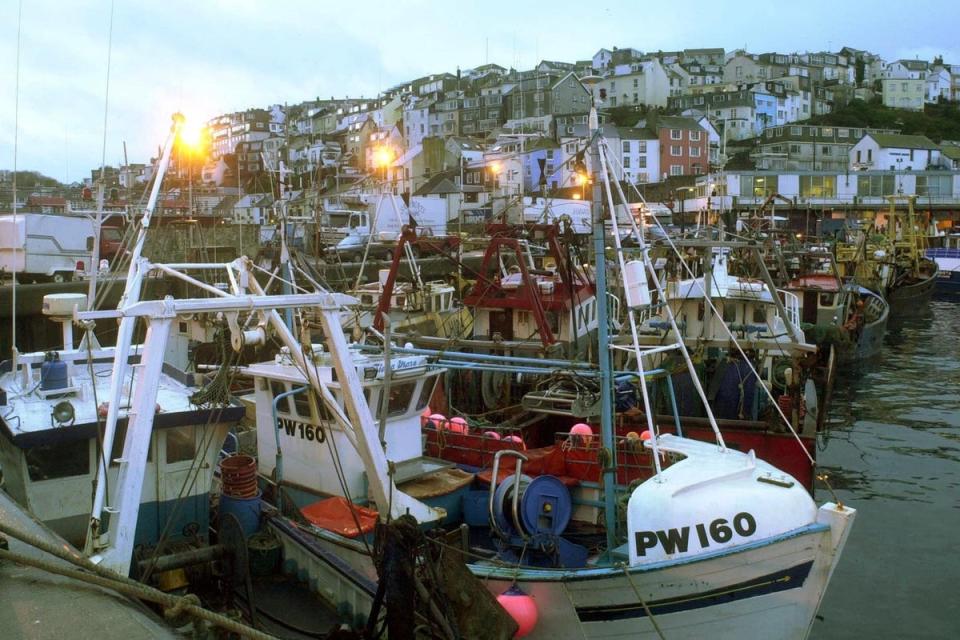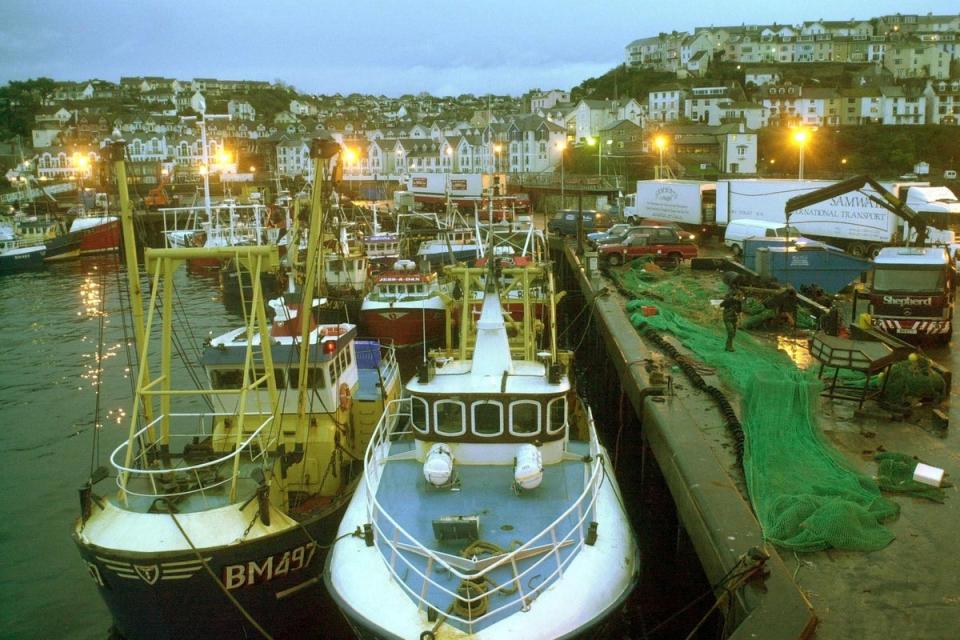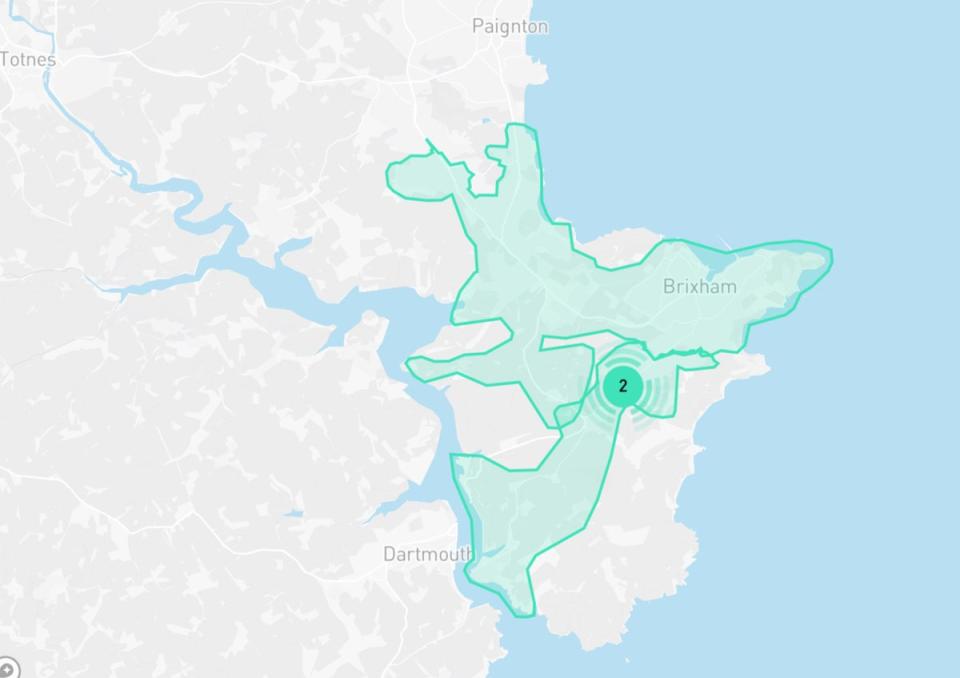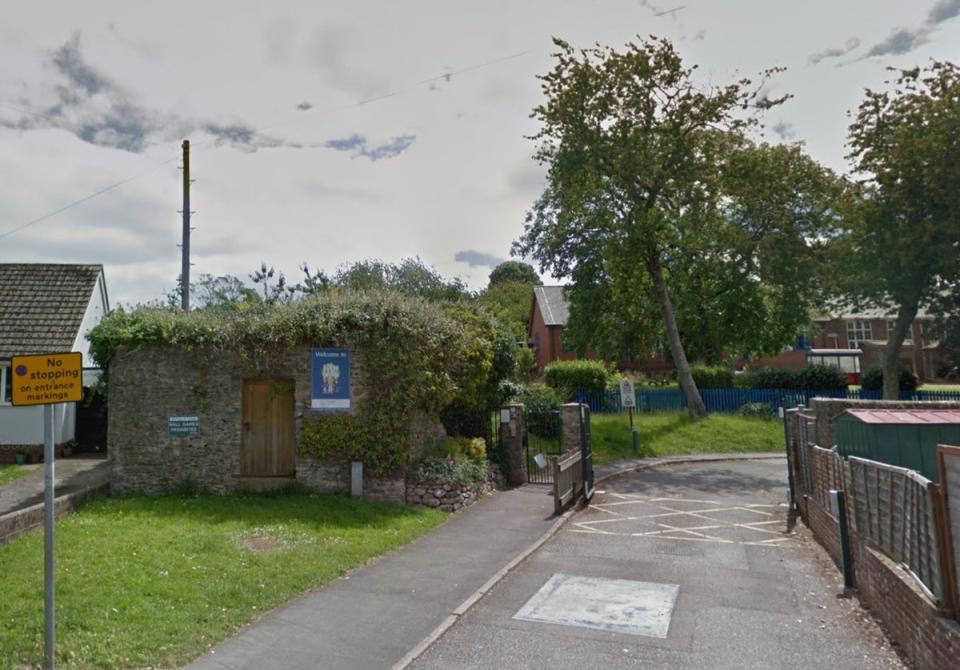Water boss apologises for Devon parasite outbreak after dozens fall ill

The boss of a water company has apologised for the outbreak of a diarrhoea-type illness in Devon that has left dozens of people ill.
CEO of South West Water (SWW) Susan Davy said she was “truly sorry” after health officials confirmed 22 cases of cryptosporidiosis in Brixham, with up to 100 people reporting symptoms to their GP.
Residents have been told to continue boiling their water before using it and that the outbreak in Brixham and surrounding areas of south Devon could last “at least” a week.
Cryptosporidiosis is an infection caused by a parasite found in animal stools that can be passed on to humans.

SWW said it had identified a “damaged” valve on its network where the parasite might have entered the water system.
Ms Davy said the company would “not stop working” until the situation has been resolved.
“Our ground technicians have been working around the clock to identify the source of the contamination and rectify the situation so we can resume a normal water supply,” she added.
“To those in the affected area and our customers across the South West, I am truly sorry for the disruption and wider anxiety this has caused.
"While incidents like these are thankfully very rare, our customers expect a safe, clean, and reliable source of drinking water.”

The government has said the incident would be investigated thoroughly by the UK Health Security Agency (UKHSA) and the Drinking Water Inspectorate.
People can contract cryptosporidiosis by drinking contaminated or unprotected water or by swallowing it in swimming pools, streams, rivers, lakes and other recreational waters.
The time taken from picking up cryptosporidiosis to becoming ill is between one and 12 days, but most commonly one week.
Symptoms include profuse watery diarrhoea, stomach pains, nausea or vomiting, low-grade fever and loss of appetite which can lead to dehydration and weight loss, with symptoms usually lasting two weeks but can be longer.
It is most common in young children between one and five years.

Brixham resident Chaz Attwood told Sky News his wife had been ill for 16 days after drinking the contaminated water.
“My wife has been drinking water to keep hydrated because she’s diabetic and the insulin that she’s had to have has doubled, and basically that affected her to start with,” he said.
“So that’s made her worse. We’re in a dreadful state. She was so weak I even phoned 999, and told the guy what was happening because she’d collapsed.”
The infection can also be picked up directly from another person or animal by touching faeces, for example when changing a nappy or petting a lamb and putting your hands near or in your mouth without washing them thoroughly.
Cases of prolonged diarrhoea and affect between 3,000 to 6,000 people a year in the UK, according to health officials.

SWW provides water and sewerage services to about 1.8 million residents in Devon, Cornwall and parts of Dorset and Somerset.
Eden Park Primary School in Brixham was forced to close on Thursday after claiming it failed to receive assurances or bottled water from SWW.
Brixham, which has a population of around 17,000 people, is a busy fishing harbour and a popular holiday hotspot.


